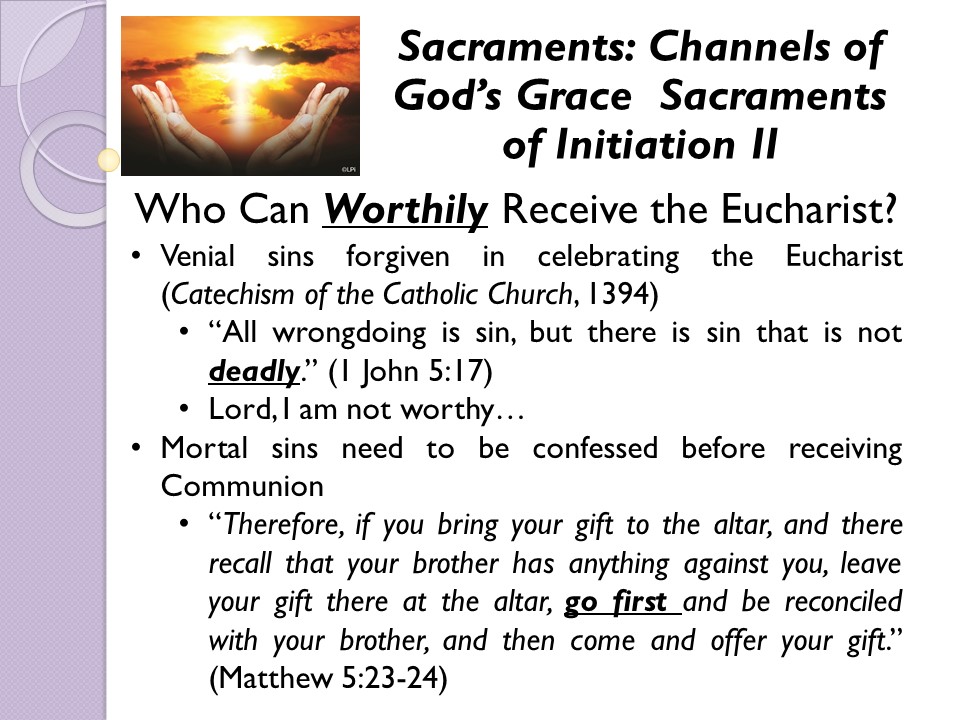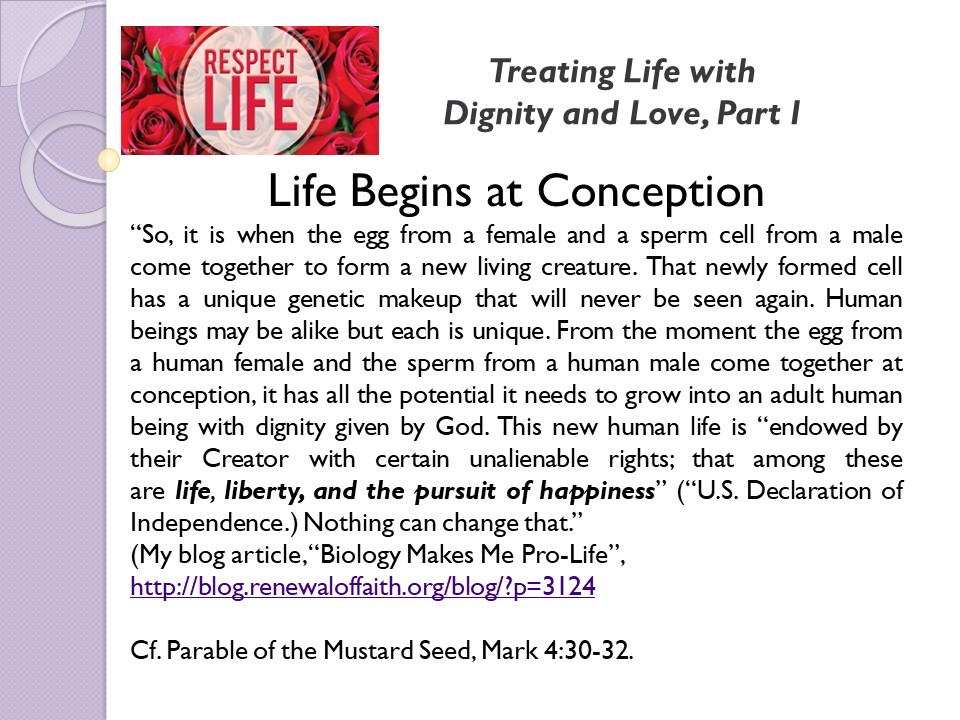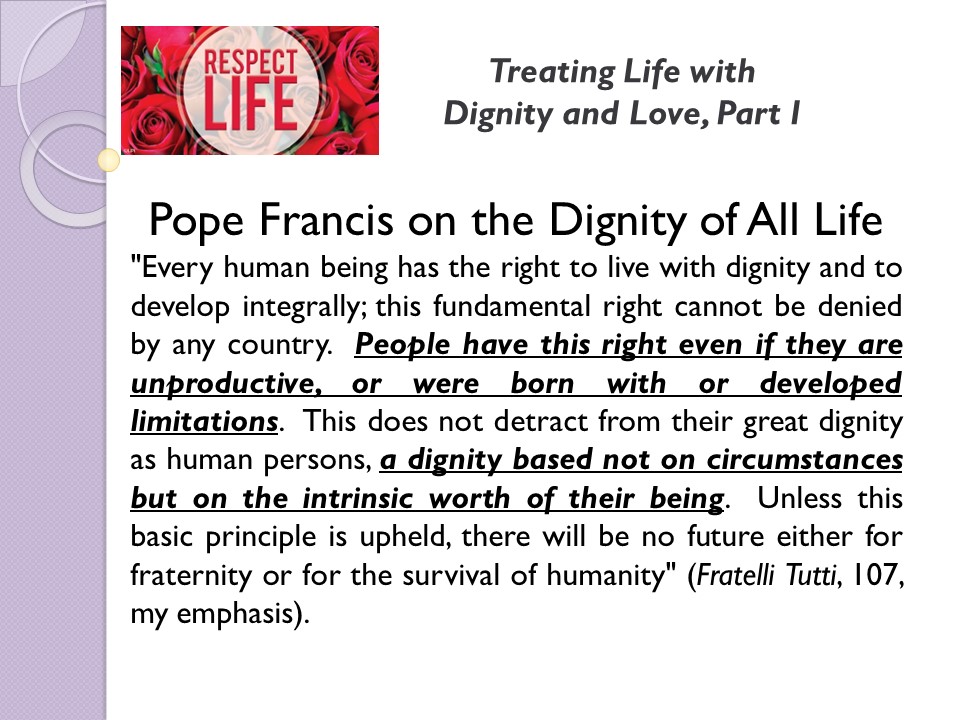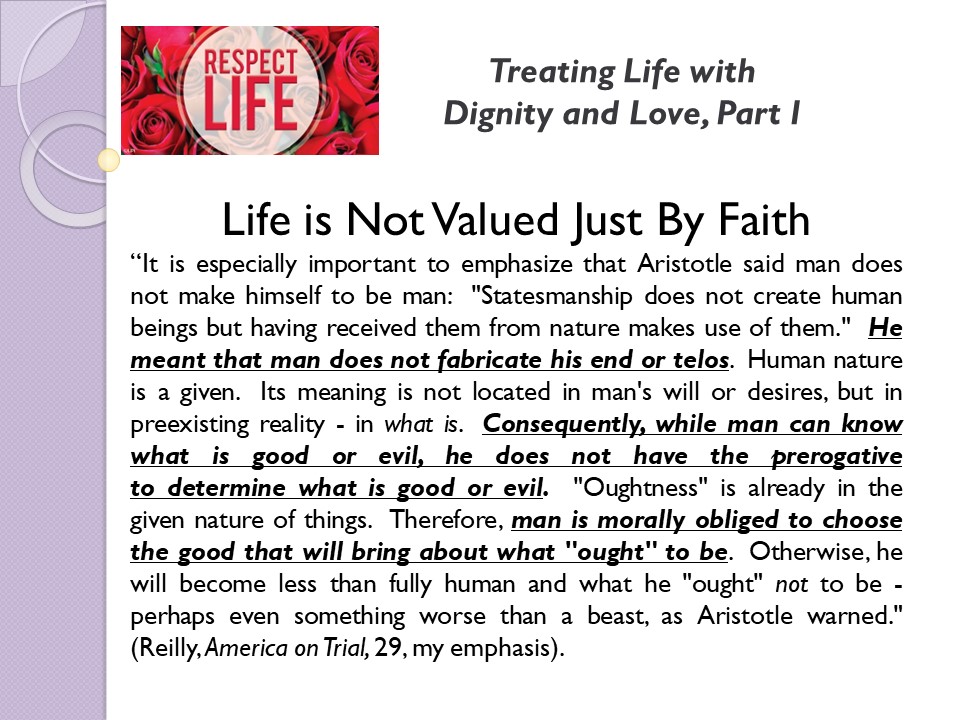Last Sunday, we heard of Abraham’s hospitality to the Lord. At that point, Abraham did not know it was the Lord. Now (17th Sunday in Ordinary Time, Year C) the Lord says to Abraham, “The outcry against Sodom and Gomorrah is so great, and their sin so grave…” The Lord will destroy Sodom and Gomorrah for their sins.
How does Abraham respond?
Abraham does not deny the sin of the people. It seems like Abraham is bartering with God. Is this the way we pray? Let’s look a little deeper at what Abraham says to the Lord. How many innocent people must there be to spare Sodom and Gomorrah?
Abraham admits he is “but dust and ashes.” Abraham’s concern is not for himself. He seeks justice. He knows there are consequences for sin but what about the innocent? He asks the Lord, “Will you sweep away the innocent with the guilty?”
There was much sin in Sodom and Gomorrah. Look at the world today. How much sin is there? One does not to look far to see sins against life, sexual morality, or greed. Unfortunately, sometimes the innocent do suffer because of the sins of others. We need to pray for the innocent and we need to pray for the conversion of sinners.
What does it mean to pray?
Do we pray to tell God what we expect him to do? Do we barter in prayer? Our prayer should not expect God to change his mind. He is the one who is all-knowing and all-loving. He knows what is best. So, we shouldn’t want to change his mind. Our prayer should lead us to conform ourselves to God’s will, not his to ours.
Jesus’ disciples asked him to teach them how to pray. His response? He presents the Lord’s Prayer to them. This prayer recognizes God’s greatness in saying “hallowed be your name.” In praying this, we acknowledge the great things God has done for us and speak of those deeds to others.
We pray, “your kingdom come,” asking that God’s will be done. In asking this, we need to seek to conform our will to the Father’s.
In the Lord’s Prayer we ask for forgiveness of our own sins, freely acknowledging we do not always do as we should. We also pray that we forgive those who have hurt us. In sinning, we are dead in our transgressions but there is hope. Jesus has obliterated “the bond against us” through his death on the Cross. He has brought us back to life. We need to die to the fleshy things of this world so that we may rise with Jesus to eternal life.
Returning to the notion of what prayer is, after presenting the Lord’s Prayer, Jesus continues to help us understand how prayer works. He speaks of the friend who comes knocking at midnight looking for food for his guest. Jesus speaks of how we may help our friend because of our friendship. God helps us because He loves us. Jesus also speaks of how we help the friend because of their “persistence.”
What is meant by “persistence”? One may suppose that it parallels what seems like Abraham’s bartering in the first reading. Do we not sometimes give someone who keeps nagging us what they want just to have them stop nagging? I don’t think that is the type of “persistence” we should strive for in prayer. To help us understand, I suggest another word, “perseverance.” However, I do not mean perseverance to simply get what we want. I mean perseverance in our trust in God to lead us to what is good for us.
Jesus then says, “Ask and you will receive, seek and you will find, knock and the door will be opened to you.” This meant sound wonderful. We get whatever we ask for. Do we? In today’s psalm, we cry out “Lord, on the day I called for help, you answered me.” We want to have our prayers answered immediately. Yet, we realize they aren’t. Or are they?
What does it mean for God to answer our prayers?
If we think prayer is to get God to do what we want, then we probably think God doesn’t answer our prayers. What if we see the purpose of prayer as asking God to give us what is good for us? Here Jesus says, “What father among you would hand his son a snake when he asks for a fish? Or hand him a scorpion when we asks for an egg?” There was a poisonous snake that looked like a fish. If one thought it was a fish, one might ask for it to eat but not if they knew it was a poisonous snake. Likewise, there was a scorpion that could curl itself up in a ball to look like an egg. One would ask for the egg, only to find out it was a deadly scorpion. How often might we ask for something we think it is good when it would be bad for us? Because God loves us, we trust him to give us only what is good for us.
When it seems like God doesn’t answer our prayers immediately, two things to think about. First, are we asking for something good? Secondly, maybe it isn’t time yet. Here, I turn to the word’s in today’s psalm, “When I called, you answered me, you built up strength within me.” Even when God doesn’t seem to answer our prayers immediately, he does give us the strength we need to persevere when we trust in him.
Peace,
Fr. Jeff





